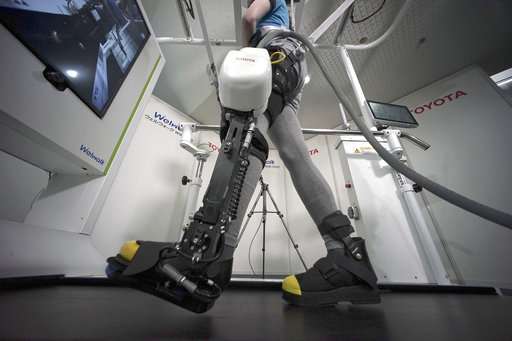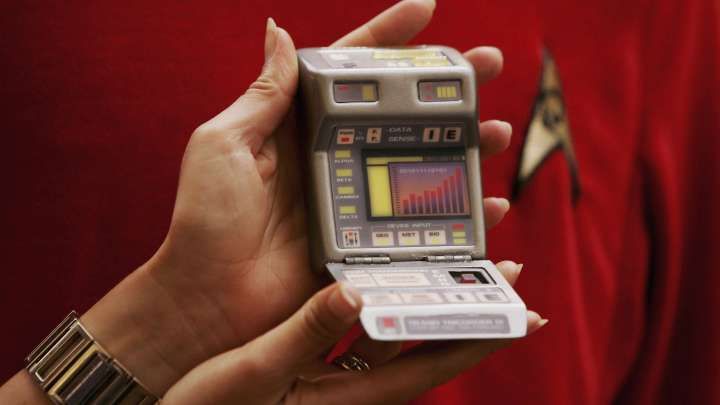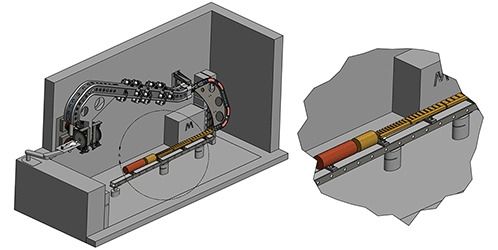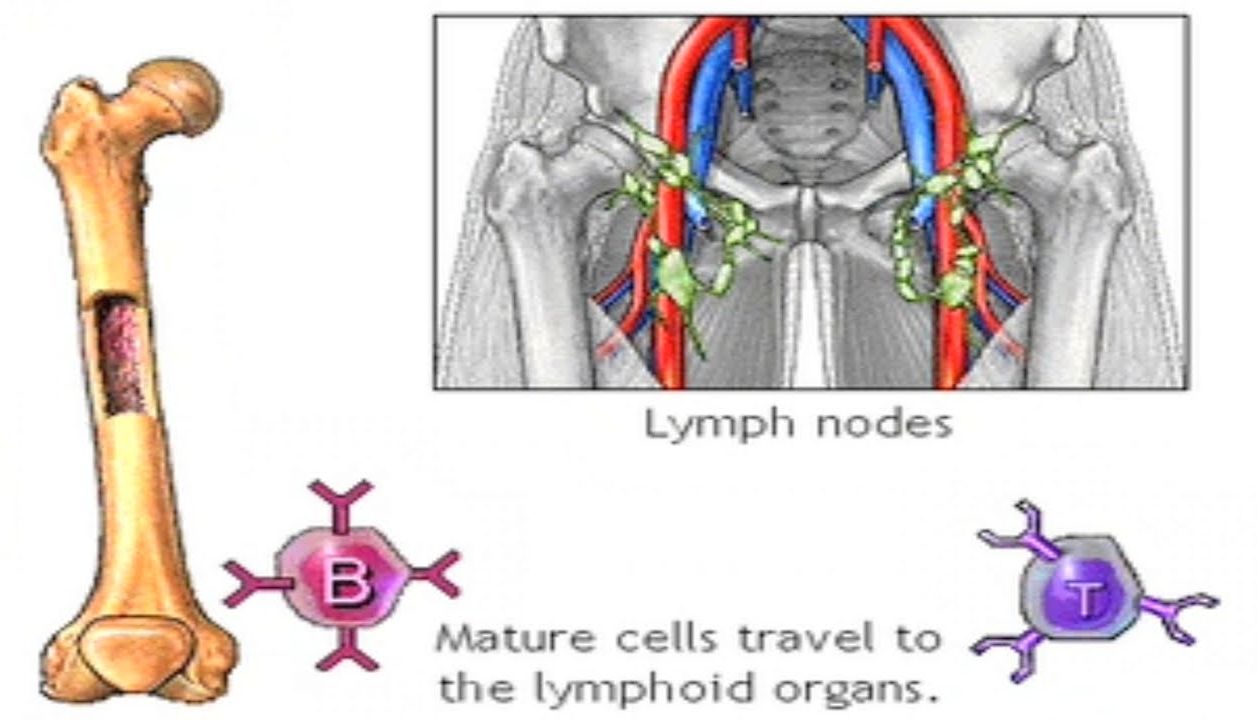Apr 14, 2017
A new CRISPR breakthrough could lead to simpler, cheaper disease diagnosis
Posted by Simon Waslander in categories: biotech/medical, genetics
The controversial laboratory tool known as CRISPR may have found a whole new world to conquer. Already the favored method of editing genes, CRISPR could soon become a low-cost diagnostic tool that could be used practically anywhere to determine if someone has an infectious disease such as Zika or dengue.
The controversial gene-editing tool may be able to identify infections reliably for pennies in places without electricity.


















